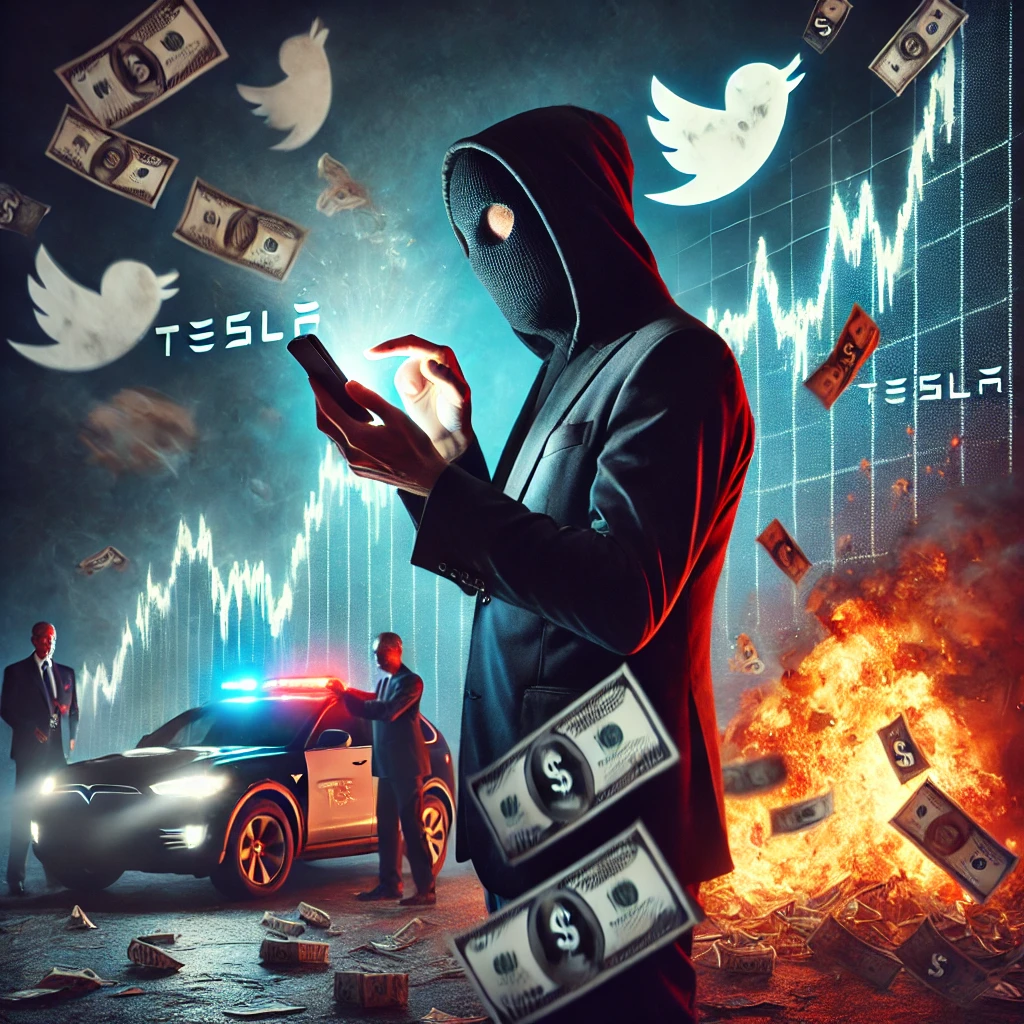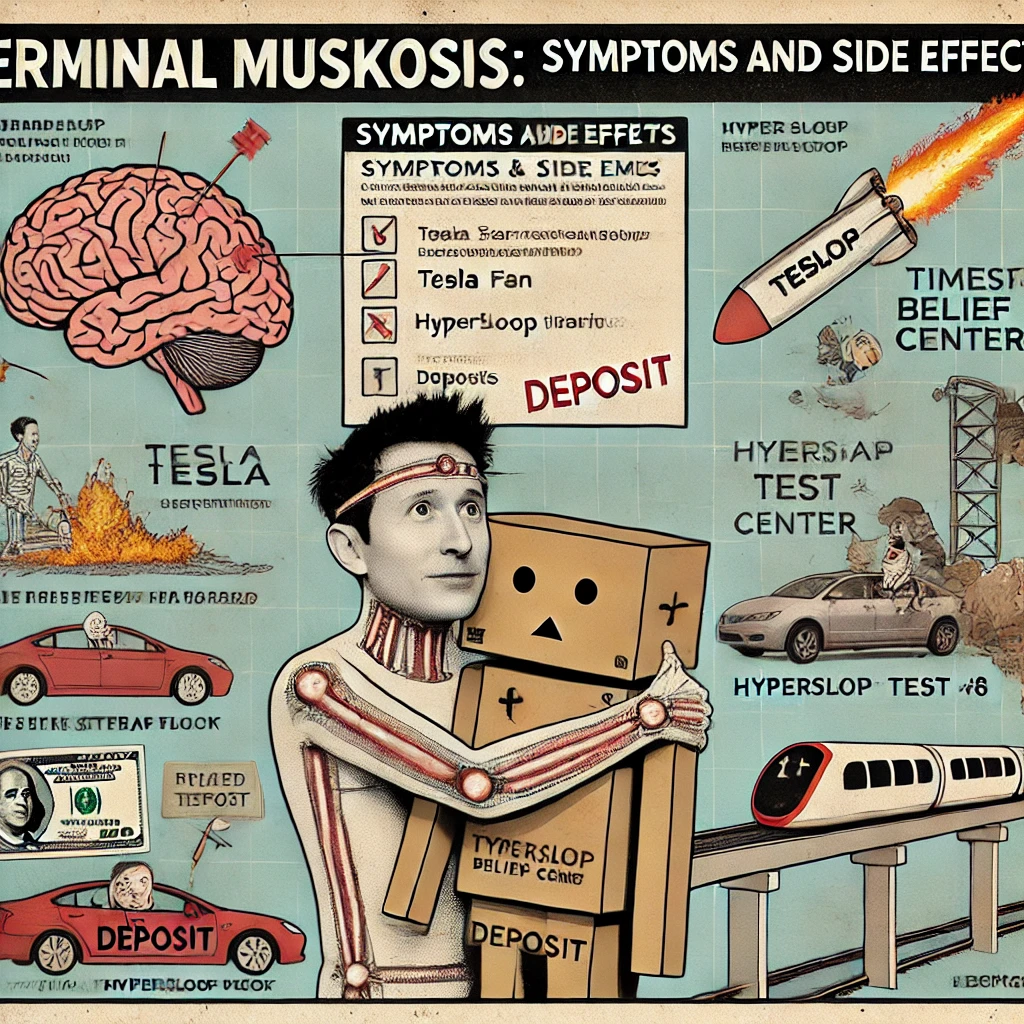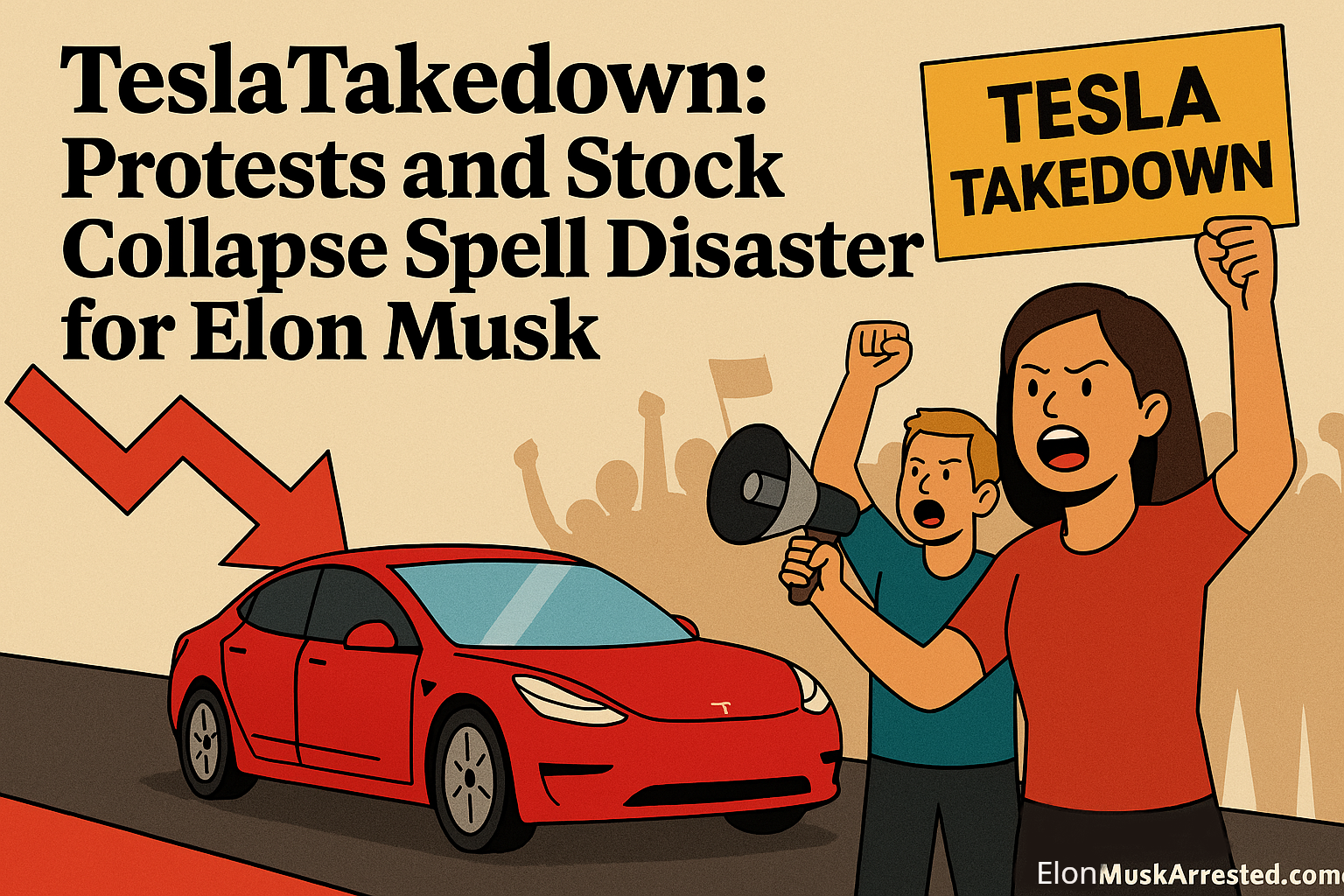In an announcement that sounds more like a bad sitcom plot than a serious business move, Elon Musk has officially “sold” Twitter—now known as X—to his own startup, XAI, for a self-proclaimed $33 billion valuation. Yes, you read that correctly. Musk sold Twitter to himself.
The transaction was an all-stock deal. No actual money exchanged hands. Effectively, Musk is playing financial musical chairs, shifting ownership between companies he controls, assigning whatever price he wants, and trying to convince the public (and possibly banks) that something monumental just happened.
But let’s be clear: This is nothing more than corporate sleight of hand.
Musk is attempting to bolster the valuation of XAI—his artificial intelligence venture—by “acquiring” a social media platform that he already owns. It’s as if you sold your car to yourself, then told the world you’re now richer because of it.

How This Nonsense Works
The mechanics of this “deal” are straightforward. Musk values X at $33 billion and XAI at $80 billion. By moving one asset to the other, he can inflate the supposed value of both, despite no external party actually paying anything. It’s accounting theater—a play designed to project financial strength where none exists.
This tactic is common among grifters, and it raises serious concerns about whether Tesla investors, banks, and regulators are paying close enough attention. If this game works, Musk can borrow against these imaginary valuations, just like he has done with Tesla shares in the past.
What Is XAI?
You might wonder: What exactly is XAI? Good question. It’s essentially a Musk startup with no meaningful revenue, no clear product, and no customers outside of its parent platform—X/Twitter itself. Its flagship product, “Grok,” is an AI chatbot that exists purely because of Musk’s social media ecosystem. It’s bundled into Twitter subscriptions, not because it’s revolutionary, but because it’s the only way to force people to use it.
There is no reason to believe XAI has any real value beyond Musk’s ability to inject cash and create headlines.
The Broader Pattern
This is not new behavior. Musk has long relied on self-dealing, narrative manipulation, and shell games to inflate the value of his ventures:
- Tesla’s inflated market cap is based more on hype than fundamentals.
- The Roadster 2, RoboTaxi, and Optimus Robot are all vaporware that have yet to materialize.
- SolarCity was acquired under false pretenses, and Tesla took on its debt.
- Starlink, while useful, is the only real SpaceX product—and it’s just a telecom company with rockets.
Musk’s entire empire operates like a Russian nesting doll of valuation tricks. Each layer is built on promises, PR, and circular ownership.
The Real Purpose
So why go through this exercise?
Two reasons:
- Balance Sheet Games – These valuations can be used to borrow money, stave off margin calls, or protect against Tesla share price collapse.
- Narrative Control – By “selling” X to XAI, Musk can claim progress, distract critics, and inject new headlines to keep the illusion alive.
But no matter how many layers of lipstick you put on it, it’s still a house of cards.
Discover more from
Subscribe to get the latest posts sent to your email.




